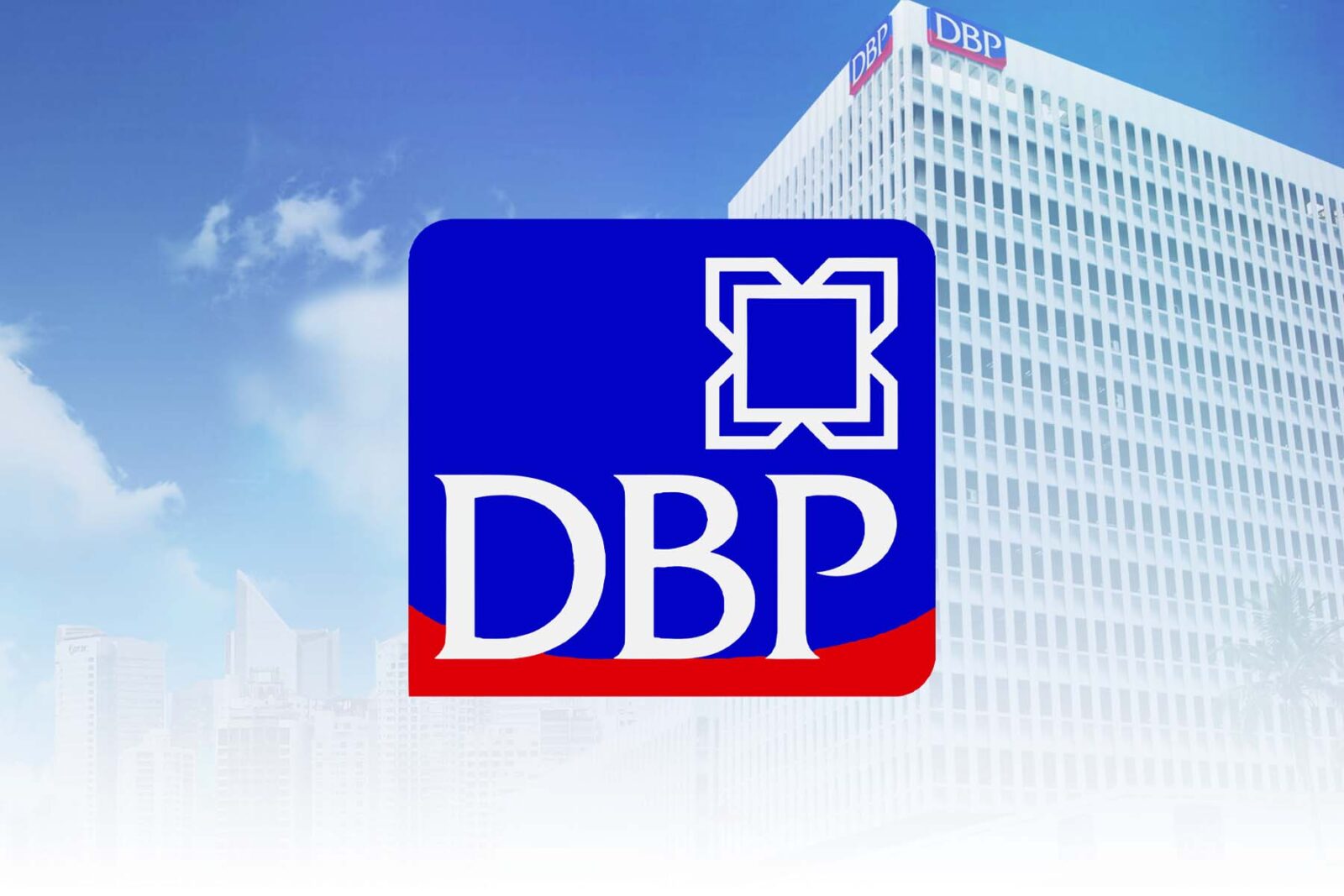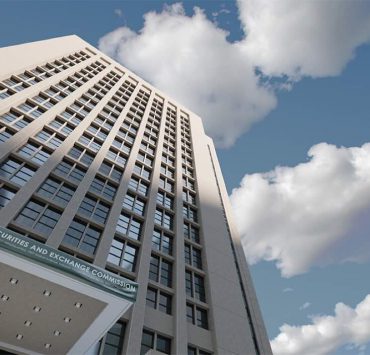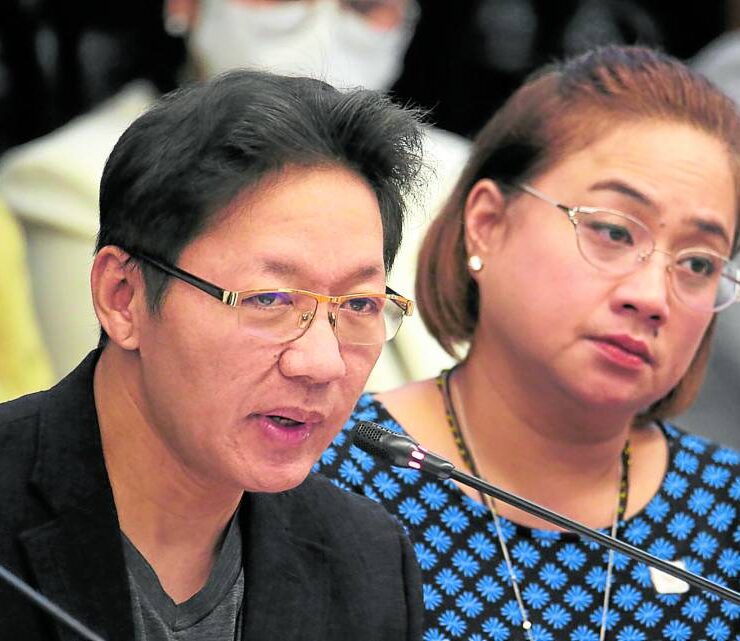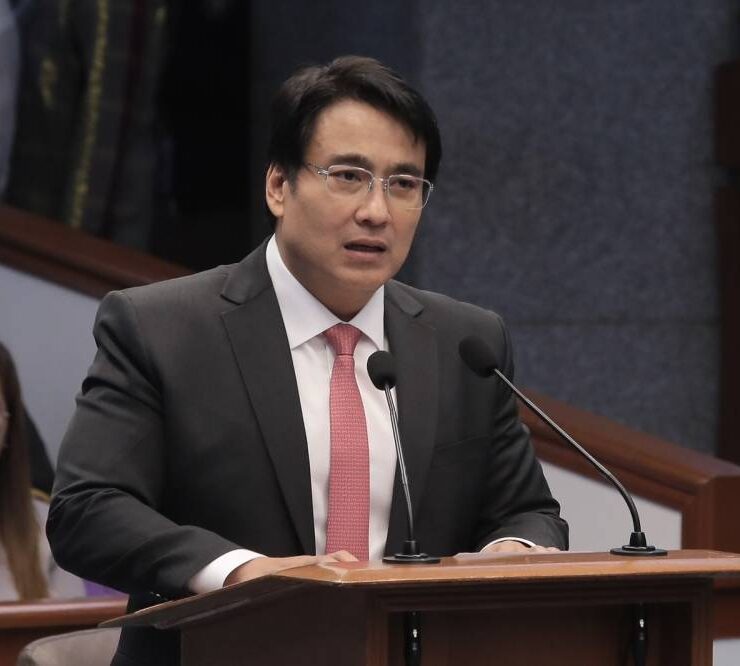DBP tightens scrutiny of cash withdrawals

The Development Bank of the Philippines (DBP) is stepping up safeguards when handling government transactions, vowing closer scrutiny of cash withdrawals as a flood control probe widens.
DBP president and chief executive Michael de Jesus said the state-run lender had moved to shore up safeguards at front-line units that handle government transactions, instructing them to exercise “more vigilance and prudence” when red flags emerge, particularly those triggered by adverse media reports.
He added that the bank is also exploring new monitoring scenarios to broaden its ability to detect other cash-based transactions.
“The Bank is primarily focused on operationalizing compliance … specifically on the setting of additional layers of controls and requirements, which extends to all types of customers and transactions, including those involving government agencies and offices,” de Jesus told the Inquirer.
“We shall also be undertaking a series of education and awareness campaigns on these recent regulatory issuances to sustain heightened level of compliance culture within the organization,” he added.
The stricter stance comes as banks face growing pressure to show they can detect and block suspicious transactions.
This, after congressional hearings featured testimonies describing vast sums of money being withdrawn in cash and allegedly funneled to lawmakers tied to irregular flood control projects.
Photos of stacks of banknotes—presented as evidence of kickbacks—have fueled public outrage and sparked protests in the capital last month.
LandBank claps back
In one session, senators grilled contractor Sally Santos, who admitted withdrawing P457 million in cash over just two days from a Land Bank of the Philippines branch in Bulacan.
Santos, owner of Syms Construction Trading, is among several contractors accused of channeling state funds into the scheme.
LandBank, meanwhile, “strongly refuted” any insinuations of irregularity in its handling of government contractor accounts, stressing that all questioned transactions had complied with mandated procedures.
LandBank said the funds were legitimate government allocations under the annual national budget law, not private or unverified sources. Therefore, it argued that the bank, “or any other financial institution, has no legal authority to block or question duly appropriated government disbursements.”
The Bangko Sentral ng Pilipinas has launched its probe into potential vulnerabilities of concerned banks in relation to transactions involving flood control projects.
The review, it said, was aimed at determining the scope of any lapses and holding lenders accountable where shortcomings are found.





















